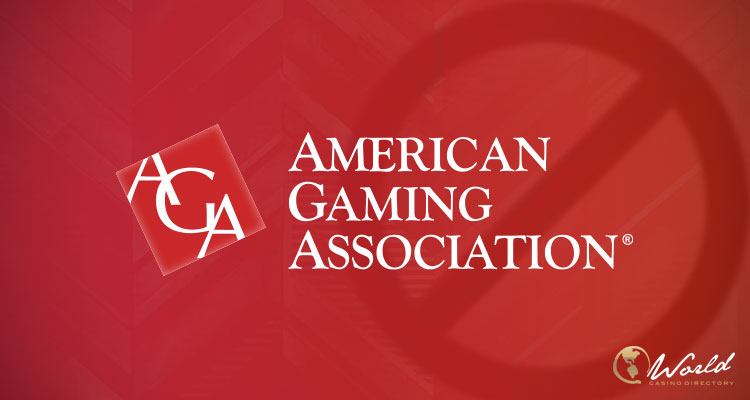On Tuesday, the American Gaming Association (AGA) announced crucial changes it has made to its Responsible Marketing Code for Sports Wagering Ads (The Code), involving a ban on promoting “risk-free” wagers in sportsbook ads.
These updates set the industry standard for mandatory accountability in marketing and advertising of sports wagering.
What is the AGA’s Responsible Marketing Code for Sports Betting?
The Responsible Marketing Code for Sports Wagering involves voluntary restrictions on aimed audiences, points of sale and branding materials, with a commitment to involve responsible gaming.
The principles of the code apply to traditional and digital sports betting marketing activities where customers are encouraged to bet with real money.
In this regard, Bill Miller, AGA President and CEO, said: “Established in 2019, AGA’s Responsible Marketing Code reflects the commitment of our members to set and adhere to a high bar for responsible advertising.
“Today’s updates advance that commitment and represent our intention to protect consumers and evolve our standards as this nascent market matures.”
New updates:
These new updates, created in alliance with AGA members, have been critical to the Code since its beginning.
They will come into force with a grace period for existing or distributed assets until July 1, 2023.
The following is in support of the new updates:
- sports wagering accounted for less than half a percent of total advertising volume last year, down 28% compared to 2021;
- 33 states and Washington D.C., at the moment have live, legalized sports wagering markets, with three extra legalized markets pending official debut;
- over half of American adults (146M) live in a live, legalized sports wagering market;
- AGA’s Have A Game Plan. ® Bet Responsibly.™ public service campaign gathers sports wagering stakeholders to teach new and experienced sports punters how to wager responsibly.
One of the most important updates is officially stopping the use of “risk-free” bets in sportsbook advertisements. In this regard, the Ohio Gaming Commission was the first to show that this is a very important problem by delivering six-figure fines.
Furthermore, the Code also improved protections of the university-age audience:
- colleges that “promote, market or advertise sports betting activities” are now forbidden (expect for alumni networks or content whose primary focus is responsible gaming initiatives or problem gambling awareness);
- banning sportsbook NIL deals for amateur and college athletes;
- applying age restrictions (21+) for any individual appearing in sports wagering ads;
- replacing all references to “legal age of wagering” to 21 and over;
- prohibiting any use of “risk free” in advertising;
- formalizing the annual process for revising and updating the Code.
Commenting on the updates, Miller added: “Advertising plays an essential role in migrating consumers away from predatory illegal sportsbooks and into the protections of the legal, regulated market while providing responsible gaming resources.
“The AGA and our members are committed to building a sustainable marketplace that protects vulnerable populations and gives consumers the knowledge and tools to keep sports betting fun for adults.”
Beside the new updates, Dr. Jennifer Shatley has been appointed co-chair of the Code Compliance Review Board.
Since she is at the moment the founder and principal consultant at Logan Avenue Consulting LLC and consulting partner for the Responsible Gambling Council, Dr. Shatley has over 25 years of experience in responsible gaming policy to supervise the compliance board and survey Code Violation complaints.



